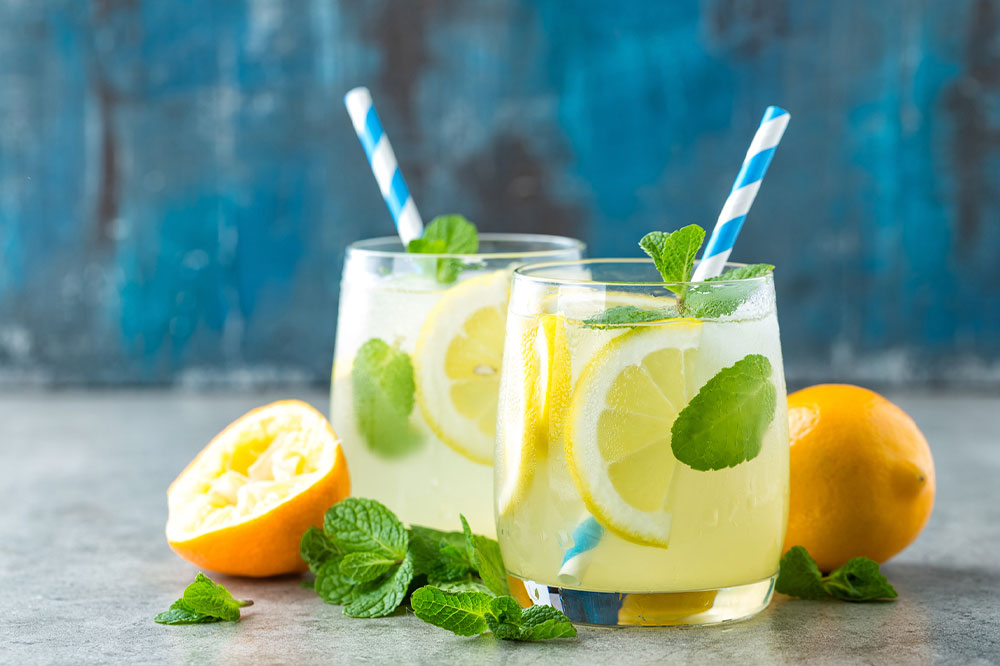Understanding the Vital Role of Beverages in a Balanced Diet
This comprehensive article explores the essential role of beverages in our daily diets, emphasizing their classification as food, nutritional contributions, and healthy options. It highlights the importance of hydration, nutrient intake, and mindful consumption of drinks like water, tea, milk, and healthier alternatives. Understanding how to select nutritious beverages can significantly enhance overall health. The piece offers practical advice, making it an invaluable resource for those seeking to improve their diet through smarter beverage choices for better health and wellness.

The Importance of Beverages in Our Nutritional Regimen
In the realm of daily nutrition, both solid foods and beverages play indispensable roles in maintaining health and well-being. While solid foods often garner the spotlight for their nutritional value, beverages serve as vital sources of hydration and essential nutrients that our bodies rely on every day. From refreshing drinks like water, tea, and coffee, to nutrient-dense options like milk and fortified drinks, the array of beverages we consume significantly impacts our health.
Are Beverages Considered Food? Understanding whether drinks qualify as food helps clarify their function within our diet. The classification of beverages as food varies depending on their composition, nutritional content, and regulatory definitions.
In most cases, beverages are recognized as a component of our overall food intake. Some drinks, such as milk and fortified smoothies, are considered complete food sources because they provide a broad spectrum of nutrients essential for health. Conversely, beverages like soft drinks and flavored waters often serve as supplementary or recreational drinks with limited nutritional value.
Regulatory agencies such as the Food and Drug Administration (FDA) classify certain beverages as foods based on their ingredients and nutritional profiles. For example, milk is universally regarded as a nutritious food due to its rich nutrient content, whereas soda is classified primarily as a beverage with high sugar content and minimal health benefits.
How Beverages Contribute to Our Daily Nutritional Needs Drinks are integral to our daily nutrition. Hydration is fundamental for sustaining life, aiding in digestion, circulation, temperature regulation, and waste elimination. Beverages such as water, herbal teas, coffee, and milk not only quench thirst but also supply vital nutrients and antioxidants.
Incorporating a variety of beverages into our diet can optimize health outcomes. For instance, herbal teas and green teas are rich in antioxidants that combat free radicals, potentially reducing the risk of chronic diseases. Milk supplies calcium, vitamin D, and high-quality protein — key nutrients for bone health, muscle function, and overall growth.
However, it is essential to remember that not all drinks offer nutritional benefits. Some beverages contain added sugars, artificial flavorings, and preservatives, which can undermine health if consumed excessively. Therefore, moderation and diversity are crucial for a balanced diet that leverages the benefits of healthy drinks while minimizing potential drawbacks.
Choosing the Most Nutritious Beverages To maximize health benefits, selecting nutritious beverages is vital. Careful reading of labels and awareness of ingredients enable consumers to make informed choices. Experts recommend prioritizing drinks that support hydration and provide essential nutrients, while limiting those with excess sugars or artificial additives. Here are some of the healthiest beverage options:
Water: The cornerstone of hydration, water is calorie-free and essential for every bodily function. Drinking adequate water throughout the day keeps the body hydrated, supports digestion, and maintains energy levels.
Herbal and Green Teas: Rich in antioxidants, these teas have various health-promoting properties. They can help boost immunity, reduce inflammation, and improve cardiovascular health. Unsweetened teas are the best choice, as added sugars diminish their benefits.
Milk and Non-Dairy Alternatives: Dairy milk is a rich source of calcium, vitamin D, and high-quality protein. For those with lactose intolerance or dietary restrictions, fortified plant-based milks like soy, almond, or oat milk provide comparable nutrients without the lactose.
In conclusion, beverages are an integral aspect of a healthy diet. When chosen wisely and consumed in moderation, they enhance hydration, supply essential nutrients, and support overall health. Making informed choices about the drinks we consume can make a significant difference in our well-being over the long term.





